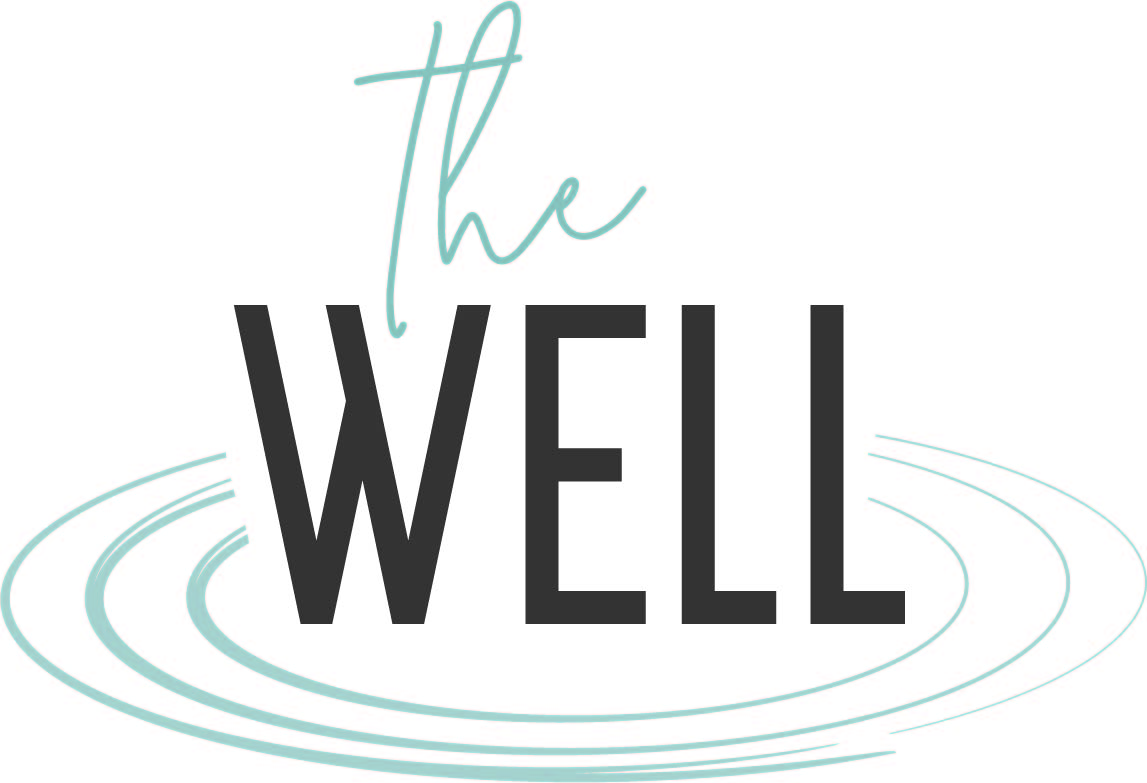You Are Not Alone!
Suicide Prevention Month
From the women at The Well– to you,
You are not alone. There is hope. You have worth. You have a purpose. You are seen. You are valued. You are loved. Change is possible, love can heal.
In one way or another, suicide has impacted each of us. Here at The Well, we have the daily privilege of equipping women survivors with purpose– providing resources to rise above life’s challenges through community and love to bring hope alive! We believe in the power of spreading awareness so that you can be informed to recognize and help someone in your life.
“In 2013, the year The Well was launched, I had a family member who chose to give up on life. It was a devastating loss for our family and we miss him every day. There was certainly a grieving process for all of us. God, in His grace, used this experience to motivate me to continue this work of life development, and now, workforce development through a safe, loving community here at The Well.
This year we experienced the loss of a friend which brought us to a pause. Through the ashes we were able to see some beauty as women testified that intersecting with this friend changed them. After talking to one of her family members, we understood that coming to The Well brought her life and joy, and the family saw hope in her rising for the first time. We will never fully understand ‘why’ but we can stand today knowing that we loved her all the way. All the way.”
- Mandy Memmel (Founder & Executive Director)
Signs to be aware that someone may be struggling with depression or suicidal thoughts:
Not wanting to do, or able to enjoy doing fun things
Feeling sad, hopeless or irritable a lot of the time
Showing changes in eating patterns, eating less or more than usual
Showing changes in sleeping patterns, sleeping less or more than usual
Showing changes in energy, being tired, sluggish or tense
A hard time paying attention
Feeling worthless, useless or guilty
Showing signs of self-harm or self-destructive behavior
An individual putting affairs in order to harm oneself (e.g. Saying one’s goodbyes or giving away valuable possessions)
There are some cases where an individual will struggle with high-functioning depression and it means they can seem completely normal day-to-day– the signs are harder to scope out and you may ask…well, what can I do then? Be a shoulder to lean on and a safe place to run to.
How?
Here are some ways we can be there for our ‘sister-friends’ from the 988 Suicide & Crisis Lifeline.
Be There.
Individuals are more likely to feel less depressed, less suicidal, less overwhelmed, and more hopeful after speaking to someone who listens without judgment.
Ask.
Don’t be afraid to ask. Research shows people who are having thoughts of suicide feel relief when someone asks them in a caring way. Findings suggest acknowledging and talking about suicide may reduce rather than increase suicidal ideation.
Keep them safe.
A number of studies have indicated that when lethal means are made less available or less deadly, suicide rates by that method decline, and frequently suicide rates overall decline.
Help them stay connected and follow up.
Studies indicate that helping someone at risk create a network of resources and individuals for support and safety can help them take positive action and reduce feelings of hopelessness. You can invite them over for dinner, call to check up consistently, and/or identify together other places they can plug into.
Learn more at https://www.bethe1to.com/
If you are struggling…
Do not isolate yourself.
Know that there is nothing to be ashamed of.
You are not a burden and you are worth being cared for.
What can you do to improve your health?
Try to create or get back to a daily routine
Set very small goals
Re-establish good sleep, eating, and exercise habits
Do things you enjoy and spend time with supportive people (even if you don’t feel like it!)
Take suicidal thoughts seriously– reach out and ask for help

